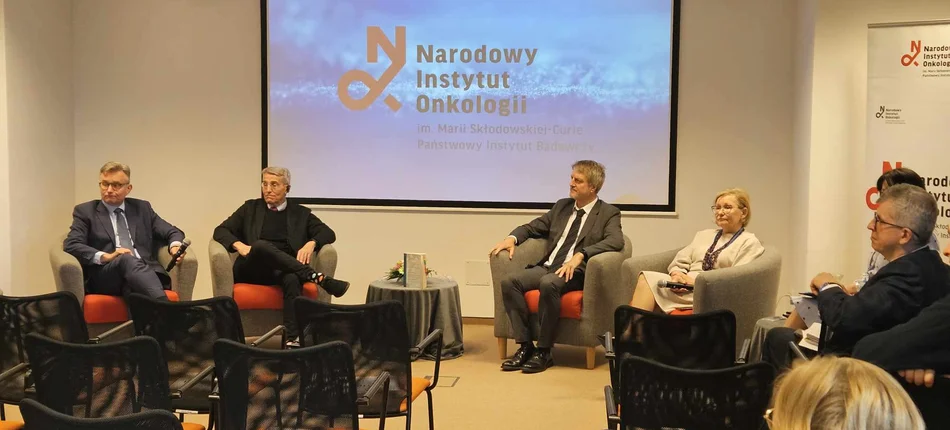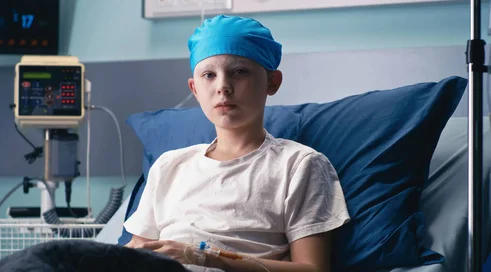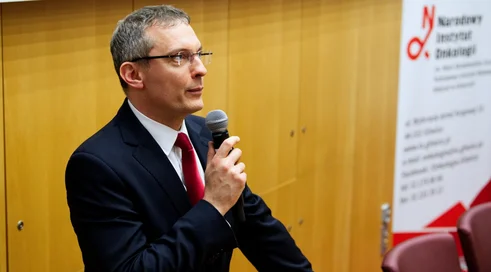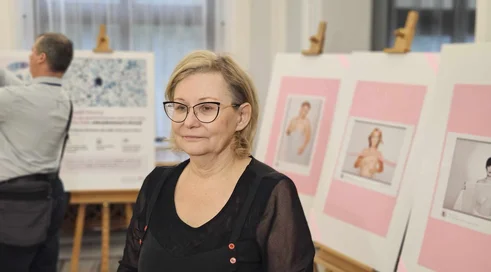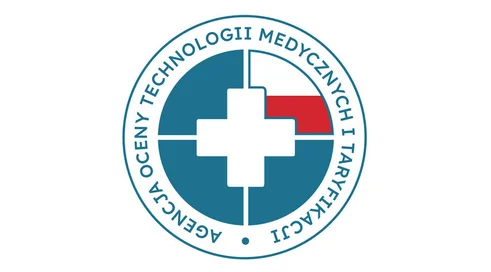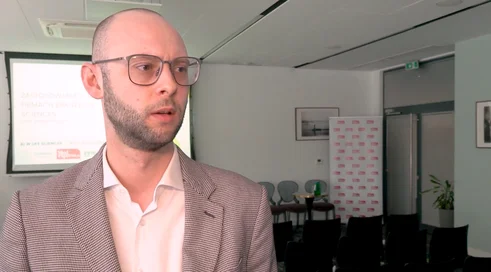- We should look at cancer, which until recently was incurable. In the 1970s we had 40 cancer drugs registered, now about 15 are approved annually in the U.S. In the beginning it was difficult to deal with malignant tumors, and now we have programs that aim to completely eradicate the disease," stressed Prof. Richard Pazdur of the U.S. Food and Drug Administration (FDA).
As Prof. Grzegorz Nowakowski of the Mayo Clinic pointed out, there are already a great many therapies available to improve patients' lives. Their efficacy profiles are increasing, and availability is also increasing, as these therapies are less costly. He cited as an example lymphomas, in which chemotherapy is already being abandoned in favor of immunotherapy. However, there would be no such changes were it not for the fact that new drugs are being developed and tested more and more efficiently.
- We need to conduct extensive evaluation of ...
Content locked
To gain access to the complete English section of the Medexpress.pl, kindly reach out to us at [email protected].





